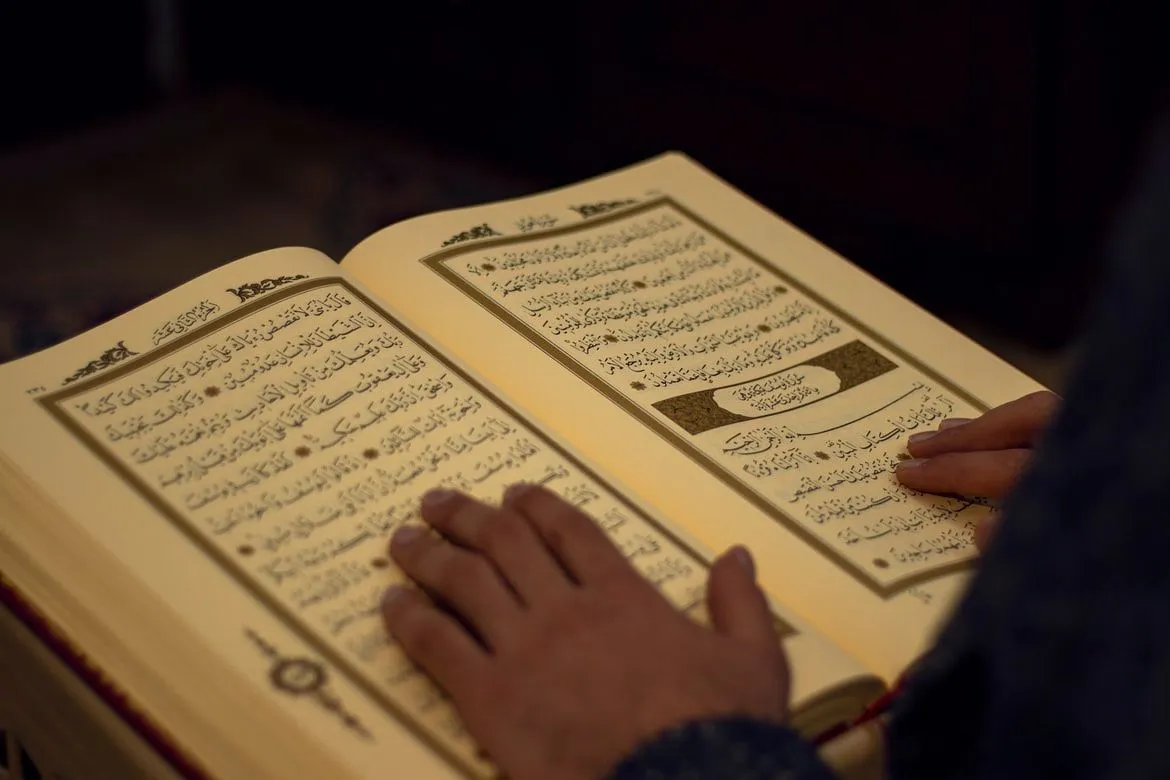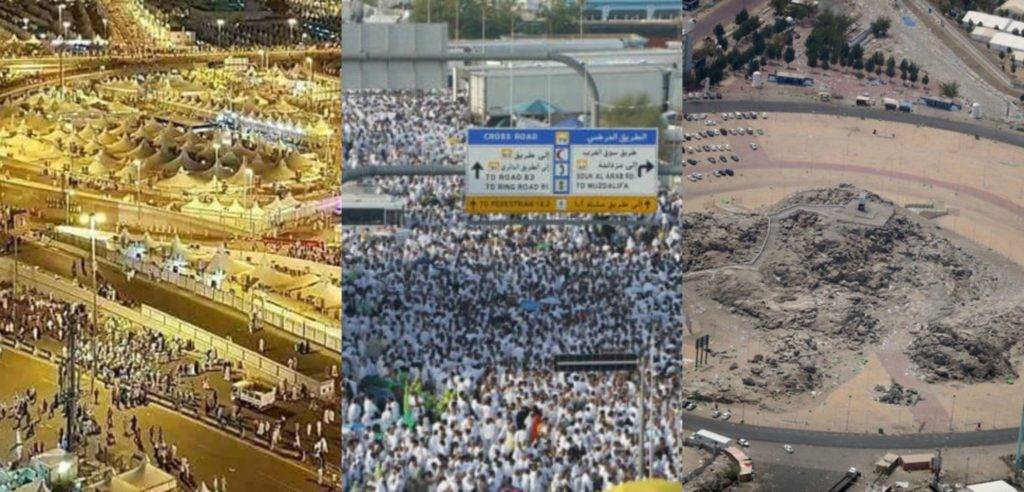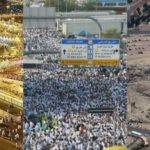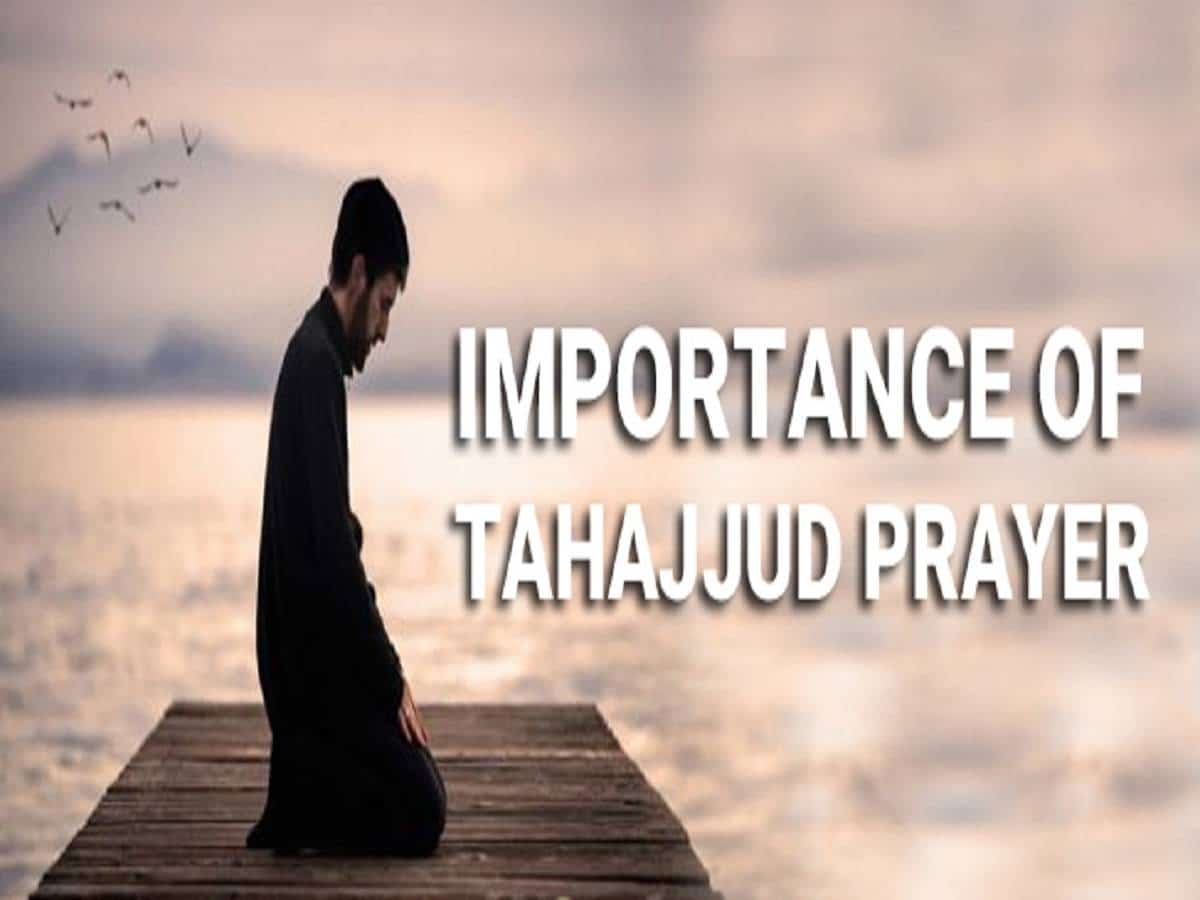
Tahajjud in Islam carries significant importance. It’s meaning in Arabic is “keeping vigil”. It is the nawafil prayer during the night and is known as the most beloved prayers of Almighty Allah. Indeed Islam is the beautiful religion that rewards us at every step.
“Nafl” is an Arabic word that implies “to get something extra” in terms of rewards and benefits in both lives. However, there are several non-obligatory supplications like Tahayiat-ul-wudu (offering two raka`ts right after ablution), Ishraak (after Fajr, praising the Lord through Tasbeeh till the Sun has risen, then performing two or four raka`ts) as well as Chaasht (carrying out at least two raka`ts when the Sun has set high), and Tahajjud (praying in the later part of night) and others. But Tahajjud has been emphasized as the precious prayer that is mentioned in Holy Quran and Hadith.
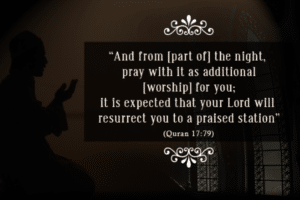
Tahajjud in Islam is the most virtuous Nafl and voluntary prayers and is also called Qiyamulail. Also, this prayer the prominent part of the established Sunnah of The Messenger of Allah (peace be upon him).
Importance of Tahajjud Prayers in Islam:
Almighty Allah orders the Messenger of Allah (peace be upon him) to perform Tahajjud:
“And during a part of the night, pray Tahajjud beyond what is incumbent on you; maybe your Lord will raise you to a position of great glory.”
(Qur’an:Al-Isra’ 17:79)
Allah (SWT) said to perform this night prayer and in this verse, He encouraged all Muslims to practice it and observe a great accomplishment either in this life or hearafter.
In another verse, Allah (SWT) explains the significance of tahajjud prayers and explains how one becomes so righteous and earn Allah’s abundance and mercy. To praise those persons who perform Tahajjud, Almighty Allah says:
“And they who pass the night prostrating themselves before their Lord and standing”
(Qur’an Al-Furqan 25:64)
Significance of Tahajjud in Islam through Hadiths
There are several Hadiths that convey the importance of Tahajjud.
`Abdullah ibn Salam reported:
“When the Prophet SAW came to Madinah, the people gathered around him and I was one of them. I looked at his face and understood that it was not the face of a liar. The first words I heard him say were: ‘O people, extend the salutations, feed the people, keep the ties of kinship, and pray during the night while the others sleep, and you will enter Paradise in peace.’”
(At-Tirmidzi)
Salman Al-Farsi (RA) quoted the Prophet SAW as saying:
“Observe the night Prayer; it was the practice of the righteous before you and it brings you closer to your Lord and it is penance for evil deeds and erases the sins and repels disease from the body.”
(At-Tabarani)
Etiquette of Tahajjud Prayer
Though this prayer can be performed before one gets to sleep but it is better to perform tahajjud prayer before the time of Fajr Salah. Before going to sleep, one should intend to perform the Prayers.
Abu Ad-Darda’ quoted The Messenger of Allah (peace be upon him as saying:
“Whoever goes to his bed with the intention of getting up and praying during the night, but, being overcome by sleep, fails to do that, he will have recorded for him what he has intended, and his sleep will be reckoned as a charity (an act of mercy) for him from his Lord.”
(An-Nasa’i and Ibn Majah)
However, after waking up, one should need to wipe the face, use a miswaak (toothbrush), and look to the sky and afterward make the supplication as it is reported from The Messenger of Allah (peace be upon him).
Abu Huzaifah (RA)reported:
“Whenever the Prophet intended to go to bed, he would recite: “With Your name, O Allah, I die and I live.” And when he woke up from his sleep, he would say: “All the Praises are for Allah Who has made us alive after He made us die (sleep) and unto Him is the Resurrection.”
(Hadith -Al-Bukhari)
The Number of Raka’ats in Tahajjud
The specific number of Rakats for Tahajjud Prayer has not described as well as there is not any maximum limit that is communicated. However, at least two rakaats should be performed.
Samurah ibn Jundub RA said:
“The Messenger of Allah ordered us to pray during the night, a little or a lot, and to make the last of the Prayer the Witir Prayer.”
(At-Tabarani and Al-Bazza)
`Aishah (RA)said:
“When The Messenger of Allah (peace be upon him ) prayed during the late-night, he would begin his Prayers with two quick raka’ats.”
(Hadith-Muslim)
The Messenger of Allah (peace be upon him) used to often recite long rakaats of Tahajjud Salaah. Narrated by Al-Mughira(RA):
“The Messenger of Allah (peace be upon him) used to stand (in the prayer) or pray till both his feet or legs swelled. He was asked why (he offered such an unbearable prayer) and he said, “should I not be a thankful slave.”
(Hadith-Bukhari)
Rewards gained by Tahajjud
Another Hadith highlighted the prospect of Tahajjud in Islam. Abu Hurairah(RA) quoted The Messenger of Allah (peace be upon him) as saying:
“May Allah bless the man who gets up during the night to pray and wakes up his wife and who, if she refuses to get up, sprinkles water on her face. And may Allah bless the woman who gets up during the night to pray and wakes up her husband and who, if he refuses, sprinkles water on his face.”
(Hadith-Ahmad)
The Prophet SAW also said:
“If a man wakes his wife and prays during the night or they pray two raka’ats together, they will be recorded among those (men and women) who (constantly) make remembrance of Allah.”
(Hadith-Abu Dawud)
If one gets sleepy while performing Tahajjud, one should sleep. This is based on the hadith narrated by `Aishah RA, who quoted The Messenger of Allah (peace be upon him) as saying:
“When one of you gets up during the night for Prayer and his Qur’anic recital gets mixed up to the extent that he does not know what he says, he should lie down.”
(Hadith-Muslim)
Recommended and Best Time for Tahajjud
Tahajjud can performed in any part of the night either early, middle, or the latter part of the night, but it should be performed after the obligatory `Esha’ Prayer (night Prayer).
These are the significant aspects highlighted for Tahajjud in Islam. So it is never too late to grab this opportunity and please Almighty Allah. If you want to share more thoughts on this topic then contact us now.

